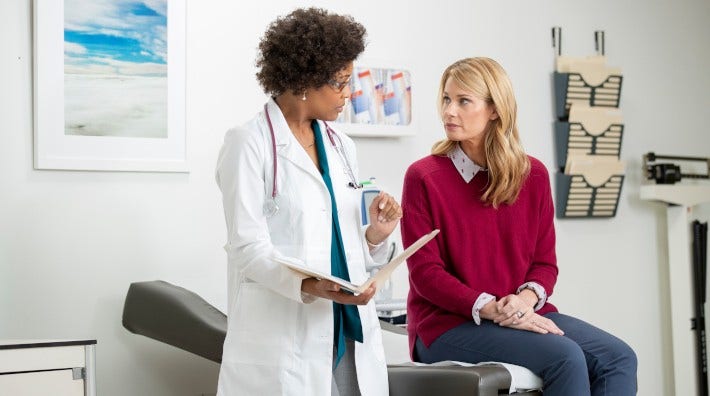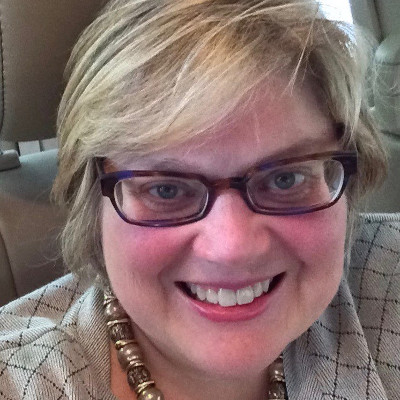Study: More Colorectal Cancer Diagnoses in People Under 55 Aren't Only Because of More Colonoscopies

Colorectal cancer (CRC) is being diagnosed more often in the United States among adults younger than age 55. Does this mean more of them are getting colorectal cancer? Or are doctors finding it more often because more younger adults are having colonoscopies? In a study published in the Journal of Medical Screening, researchers at the American Cancer Society (ACS) found that colonoscopy trends don’t completely line up with the rates of colorectal cancer diagnosis by age, so more screening doesn’t fully explain the rise in CRC cases.
Fewer people 55 and older in the United States are being diagnosed with colorectal cancer, in part because more of them are having colonoscopies. With this screening tool, doctors can find and remove growths before they become cancerous. But it’s a different story for younger adults: Among people in their 40s, for example, colon cancer rates have increased by 1.3% per year since the mid-1990s, and rectal cancer rates have gone up by 2.3% per year since the early 1990s.
To better understand the increased colorectal cancer rates, ACS researchers looked at US data from 2000 to 2015 for 53,175 adults aged 40 to 54. The researchers looked at the percentage of people who said they’d had a they’d had a colonoscopy in the past year. They also looked at the percentage of people who were diagnosed with colorectal cancer during the 15-year period.
The study divided people into three age ranges: 40 to 44, 45 to 49, and 50 to 54. Colonoscopy rates didn’t increase for every age group, but CRC rates did. Specifically, colonoscopy rates went up for the 45 to 49 and 50 to 54 age groups but were fairly stable for the 40 to 44 group. Colorectal cancer rates increased in every group.
“In this study, some patterns in colorectal cancer diagnoses were consistent with colonoscopy trends, like the rise in both colonoscopy and early-stage cancer among 50- to 54-year-olds, whereas others weren’t,” said Stacey Fedewa, PhD, lead author of the study. “For example, there was no increase in colonoscopy among people in their early 40s to match the increasing rates of colorectal cancer in this age group.”
If the increase in CRC rates was only because colonoscopies were finding more tumors, then researchers would expect to see large increases in early-stage cancers. That’s because screening is most likely to find cancer when it is localized or limited to the place where it started with no sign of spreading. But only some age groups had increased diagnoses at an earlier stage.
What to Know About Colorectal Cancer
Use these links to do all you can to lower your risk for getting colorectal cancer.
ACS Screening Guidelines
Risk Factors and Prevention
Signs & Symptoms
However, ACS researchers did find that the number of people diagnosed with later stage colorectal cancer increased for all age groups, with people ages 40 to 44 having the steepest increase.
“This study only addressed one hypothesis—increasing colonoscopy—as to why colorectal diagnoses are increasing in younger adults,” Fedewa said. “It’s thought that changes in established risk factors for colorectal cancer could also be contributing to the increase. Those risks include obesity, drinking too much alcohol, poor diet (such as eating too little fiber and too much red/processed meat), physical inactivity, and smoking.”
The ACS recommends that most people – those at average risk – start regular screening at 45. People can choose from among several types of tests, including stool-based tests, colonoscopy, CT colonography (virtual colonoscopy), and sigmoidoscopy. People with an increased risk may need to start screening before age 45. Learn more by reading the full ACS guidelines for colorectal cancer screening.
- Helpful resources
- For researchers




